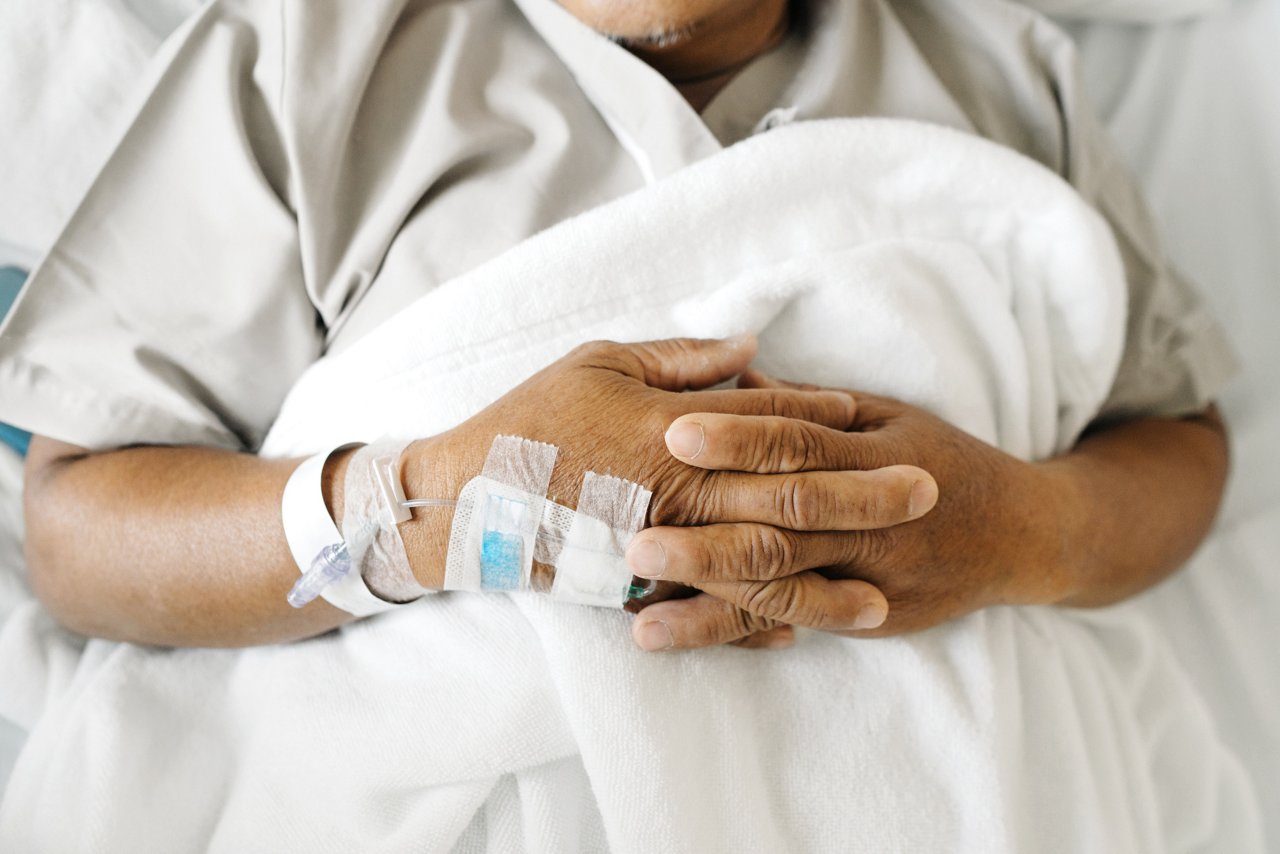We’ve been at the forefront of developing and providing high-quality medical nutrition, also called clinical nutrition. Our dedication is based on extensive research, years of experience, and a deep commitment to our patients.
Innovation and efficiency help us make high-quality nutrition available to an ever-growing number of people. We’re constantly in touch with medical nutrition associations, and we incorporate the latest medical and scientific insights into product development and concepts.
Renal Insufficiency
The main function of the kidneys is the excretion of metabolic waste mainly from protein metabolism. Further functions include the maintenance of fluid balance, regulation of electrolyte status and other processes in the body. Renal failure involves the breakdown of one or all of these functions and causes profound abnormalities in overall nutrient metabolism.
The predominating symptom of renal insufficiency is the accumulation of urea in the blood. Urea is the waste product of protein breakdown and must be eliminated via the kidneys. This reflects the importance of adequate protein or amino acid intake in patients with renal insufficiency. Both in acute and chronic kidney disease, an impairment in renal functions results in the accumulation of waste products in the body and inability to regulate electrolyte and water balance. In acute kidney disease, these disturbances are typically reversible, whereas they are most often not in chronic renal failure.
Chronic kidney disease can be characterized as progressive loss of kidney function. Symptoms of end-stage renal disease become apparent and kidney transplantation or maintenance dialysis is essential for survival. In general, patients with renal insufficiency require special nutrition support. Adequate protein or amino acid intake is necessary to rule out protein malnutrition while not overburdening renal capacity with waste products.
Fresenius Kabi offers Ketoanalogues of essential amino acids and essential amino acids to reduce nitrogen load in patients with chronic kidney disease and delay time to dialysis. Fresenius Kabi is the innovator of Ketosteril.
Fresenius Kabi also offers specific products for enteral and parenteral nutrition to ensure optimal nutritional management in this patient group.







